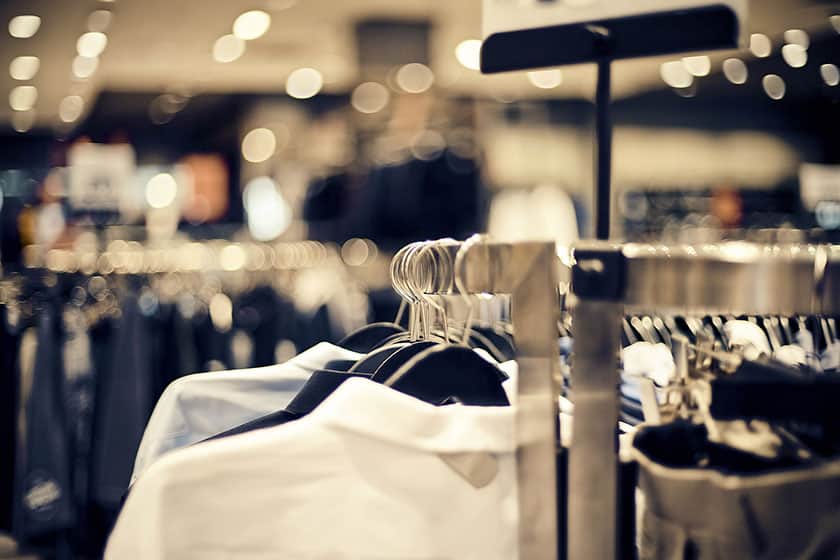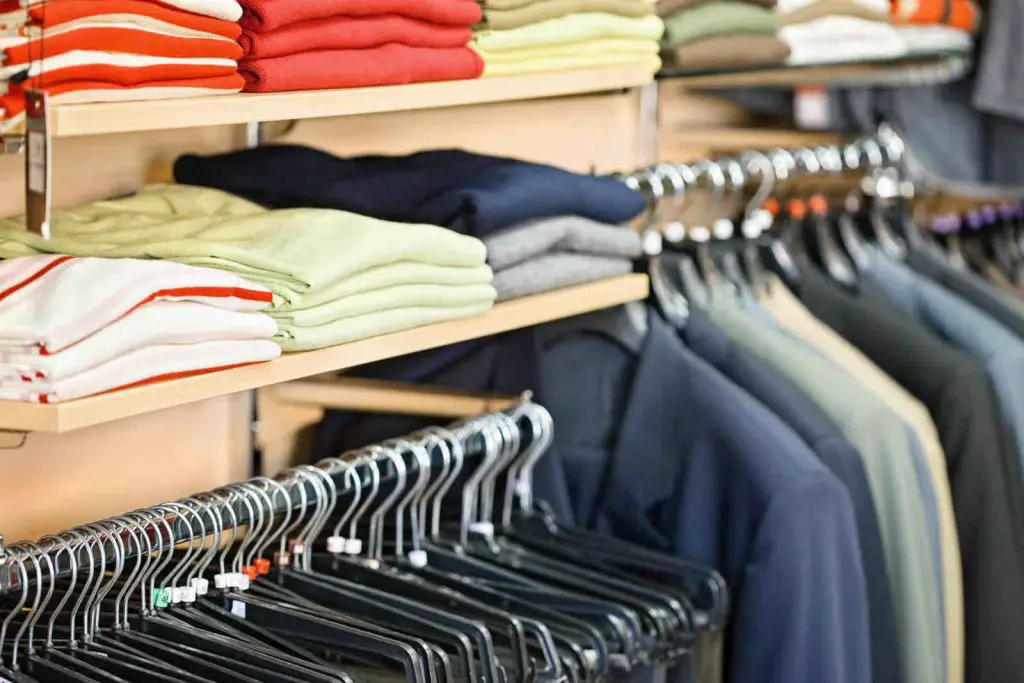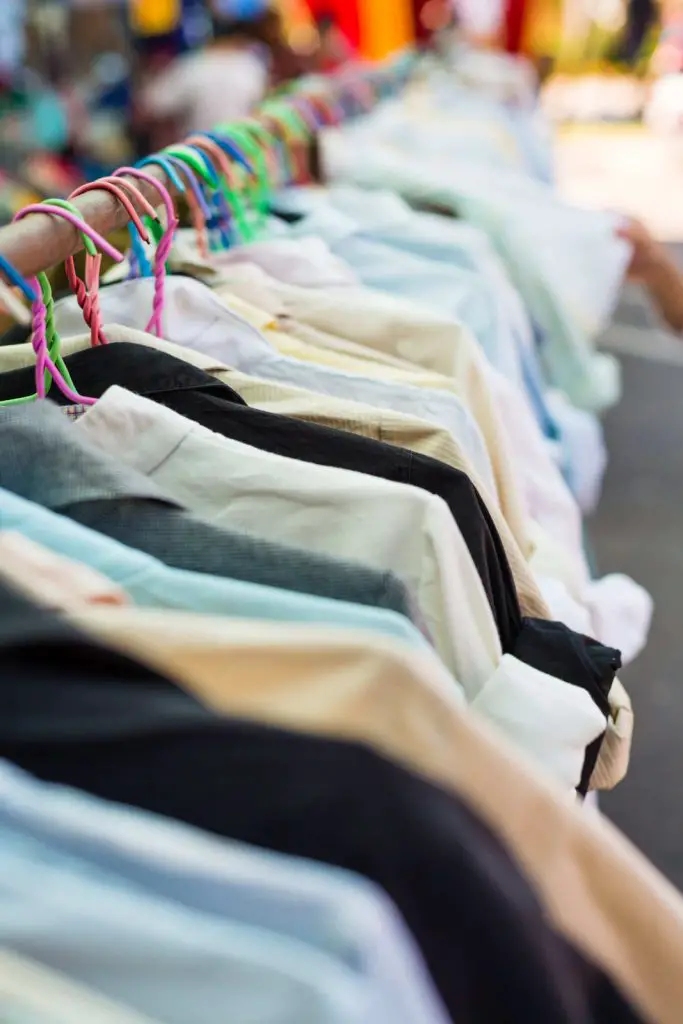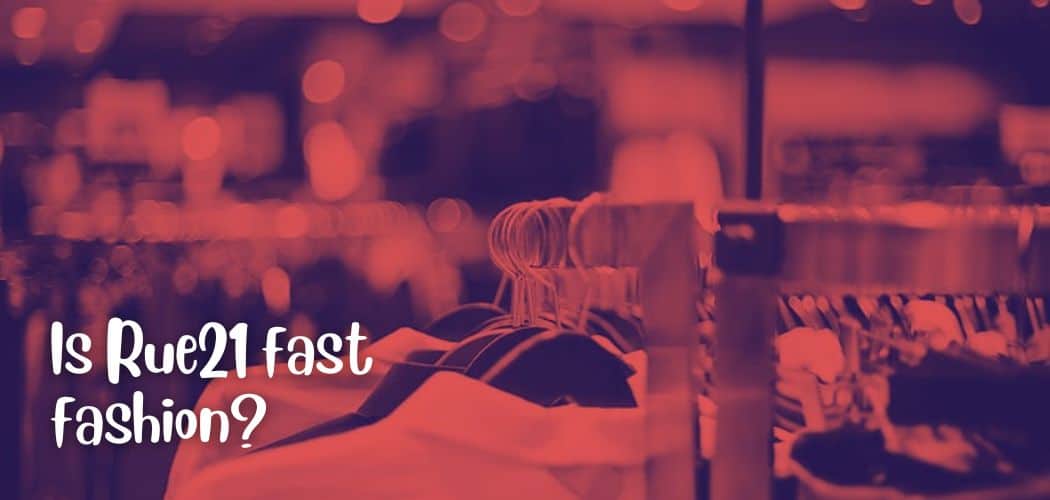Rue21 is an on-trend fashion retailer. It is growing very quickly with its speciality centres spamming all over the United States.
Rue21 offers the latest fashion trends for guys and girls.
On its website, Rue21 claims it is all about bringing you the trendiest clothing at affordable prices.
The question is, at what cost?
Is Rue 21 ethical?
Since Rue21 is a fast-fashion brand, it centres on bringing new, trendy, clothes every few days.
Rue21 houses sweaters, jeans, plus size clothing, shirts and more. It is always adding new styles to match the fashion trends.
When we hear the term ‘fast-fashion brand’, immediately the names Zara, H&M and Forever 21 pop up in our mind.

However, there are many other smaller brands too which have adopted the same business model. Their business is all about but sustainable fashion.
But is it so bad? What is the problem with following the latest trends?
Fast fashion means mass-producing, cheap clothing following the latest trends.
These clothes are also deliberately made of low-quality materials, so they become worn out after a few uses. Mostly, these clothes break down or shrink in the washes.
As a result, customers need to replace them quickly with new, on-trend clothing. This starts a vicious cycle in which the customer never stops shopping.
So, let’s see, how Rue21 promoting this culture of fast fashion is harming everyone around?
Environmental damage
Since the fast-fashion brands are under constant pressure to cut costs, they mostly use cheap, toxic textiles and dyes.
To put things into perspective, the fashion industry churns out a billion garments a year.
This means over 10 pieces of clothing for every person in the world. Asper the clothes waste charity TRAID, the average garment is used just 10 times before being discarded.
These items are neither donated nor recycled. Mostly, they end up in landfills where they will take more than 200 years to decompose. This puts a huge strain on the environment.
Fast fashion damages the planet in other ways too.
Water wastage
It creates tremendous amounts of wastewater which is directly dumped into rivers. You can imagine the amount of wastewater being generated as dyeing and finishing just one ton of fabric needs 200 tons of fresh water.
Microfibre
Not only this but fast fashion also leads to the problem of microfibres. They are microplastics that come off every time you wash fabrics like polyester and nylon. Every wash releases around 700,000 microfibres.

These microfibres, when released into oceans are eaten up by fish and then by us! So essentially, plastic gets introduced into the food chain.
Carbon emissions
We don’t find any clear-cut policy from Rue21 committing itself to reducing water wastage or carbon emissions.
This is also not beneficial for the environment.
As per The Ethical Consumer and Greenpeace’s Journal, ‘Unearthed’, if fast fashion continues to grow at the same speed, we’ll have our hand carbon footprints reaching levels of 26% by the year 2050.
Why is carbon emission getting so high?
Producing and transporting millions of garments requires lots of energy.
Not only this but, fossil fuels are also burnt when making synthetic fibres for clothes manufacturing.
Also, most of the fast-fashion brands outsource their clothes manufacturing process to countries like India, China and Bangladesh which are mostly powered by coal.
Labour
Rue21 does not have any clear policy telling us about its working conditions. Neither is there any publicly available information about Rue21 committing to any international labour standards.

In their race to reach the lowest costs, fast-fashion brands cut corners on many things.
One of these is the working conditions. Many fast-fashion brands have repeatedly come under fire for providing inhumane working conditions.
This includes long working hours, unpaid overtime, extremely low wage and hazardous working conditions.
Animal welfare
Rue21 does not have any policy dedicated to animal welfare.
This also does not spell good for environment.
That is because fast fashion also affects animals. The industry mass produces leather animal skin and wool.
Rue21 does have products using wool. More than 95% of wool is mass-produced. For this purpose, sheep are sheared once a year. This process can be quite painful for the sheep.
In Australia, where most of the wool is generated, it is common to use a painful shearing technique of ‘mulesing’.
The solution to this is to make ourselves aware of the different wool types and choose the brands which are using non-mulesed wool.
In this scenario, Rue21 needs to be more transparent regarding the raw material it is using in its clothing so that the customers can make a more informed choice.
Where does it get clothes?
Rue21 manufactures its clothes in China, the United States and Guatemala. This information too, however, is not available, through official sources.
All in all, Rue21, needs to be a more responsible brand. It is accountable to its customers. As such, its website lacks any information regarding its raw material, suppliers and manufacturers.
Several fast-fashion brands are striving to adopt a more sustainable brand and Rue21 should follow suit. Currently, we see no such efforts from Rue21.
